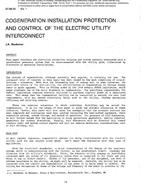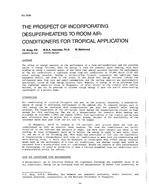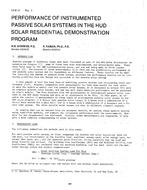Click here to purchase
Building performance standards (BPS) are grabbing the attention of federal, state, and local governments, technical standards bodies, and non-governmental organizations alike. BPS are a policy mechanism that sets limits on energy or emissions for existing buildings, becoming more stringent over time. This is seen as a critical pathway to meeting federal, state, and local commitments to climate goals and carbon reductions targets. Carbon reduction is a multi-pronged issue, but is often simplified down into discrete areas, placing buildings and electricity into separate emissions categories. This ignores the foundational role that buildings play in shaping the structure and operations of the electric grid: about three quarters of all US electricity is used in buildings (and over 80% during peak hours). Building-scale solutions can and must play a key role in enabling electric grid decarbonization. The current set of BPS adopted to date focus on either energy or carbon as the sole metric for a buildings’ compliance with the standard. This limits the scale of beneficial impacts that BPS can have and introduces potential unintended consequences for buildings (e.g., compliance strategy) and jurisdictions (e.g., actually achieving climate goals). Nuanced relationships between energy, carbon, and grid metrics can greatly influence the degree to which a BPS is aligned with a jurisdiction’s climate policy goals. Building on previous work by these and other authors, this paper will explore how proposed grid-integration metrics, including peak demand, passive and active demand flexibility features, carbon, and resiliency (Miller 2020) can best be incorporated into BPS to quantitatively define and impact a building’s operational performance. The paper will also consider how these metrics will work in relationship to ASHRAE Standards 90.1, 189.1 and 100 (Edelson 2021), as they are used in building regulations. Following summaries of key technical and policy issues, the paper provides a range of recommendations across multiple scenarios for the inclusion of grid integration metrics in BPS.
Product Details
- Published:
- 2023
- Number of Pages:
- 9
- Units of Measure:
- Dual
- File Size:
- 1 file , 1.7 MB
- Product Code(s):
- D-AT-23-C073
- Note:
- This product is unavailable in Russia, Belarus


